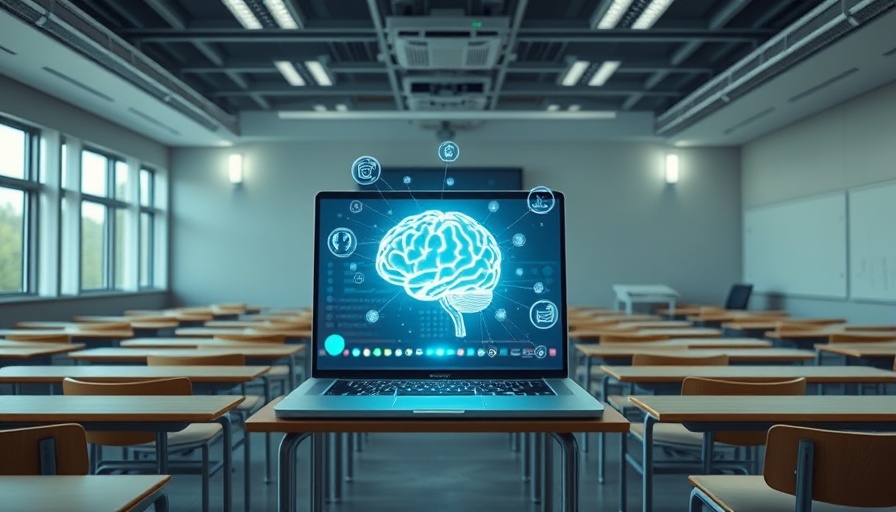
Unlocking Educational Potential: How Google AI Tools Are Transforming Universities
The integration of Artificial Intelligence (AI) into educational settings has become a dynamic game-changer. Universities are harnessing Google AI tools to enhance learning experiences and streamline administrative tasks. These technologies are not only transforming how knowledge is disseminated but also reshaping the academic landscape.
1. Personalized Learning Experiences
One of the standout applications of Google AI in universities is the creation of personalized learning experiences. AI-driven tools utilize data analytics to tailor educational content to meet individual student needs, adapting resources that reflect their learning pace and style. This personalized approach leads to improved retention rates and deeper understanding of subjects.
2. Enhancing Administrative Efficiency
Administrative tasks have often bogged down faculty and staff, impacting their ability to focus on student engagement. Google AI tools offer solutions that can automate routine processes, such as scheduling and enrollment management. This not only saves time but also enhances the accuracy of data management, allowing institutions to respond more effectively to student needs.
3. Advanced Collaboration Tools for Educators
Collaboration between educators is vital for continuous improvement in teaching methodologies. AI-enhanced platforms from Google promote collaborative environments that help faculty exchange insights and resources, setting the stage for innovative teaching practices. By facilitating communication, these tools empower educators and enhance the overall academic ecosystem.
4. Data-Driven Decision-Making
The implementation of AI tools enables universities to derive insightful analytics from large data sets. This capability assists administrators in making informed decisions regarding curriculum design and resource allocation. By relying on data-driven insights, universities can optimize their strategies and ultimately improve educational outcomes.
Historical Context: The Growth of AI in Education
The adoption of AI in educational institutions is not entirely novel. Historically, technology has played a pivotal role in education, from the advent of computer-aided instruction to the introduction of e-learning platforms. As AI continues to advance, its integration into academia stands as a testament to ongoing innovation.
Future Predictions: Shaping Tomorrow's Education
Looking ahead, the potential for AI tools in education seems boundless. As universities increasingly embrace AI, we can anticipate more refined algorithms that will further personalize learning experiences, enhance administrative operations, and foster deeper academic collaboration. The role of AI could become integral to shaping the future landscape of education.
Emotional Impact: Students at the Heart of AI Adoption
For students, the transition into an AI-integrated educational framework provides assistance tailored to their unique learning paths. Imagine a student struggling with course material receiving instant AI-generated resources tailored to their needs. This emotional connection underscores the significance of technology in creating supportive learning environments.
Call to Action: Explore AI's Impact on Education
As technology continues to redefine education, embracing advancements like Google AI tools can significantly enhance academic success. For educators and administrators, staying informed about these changes means not only adapting teaching strategies but also preparing students for a technologically-driven future.
 Add Row
Add Row  Add
Add 




 Add Row
Add Row  Add
Add 

Write A Comment